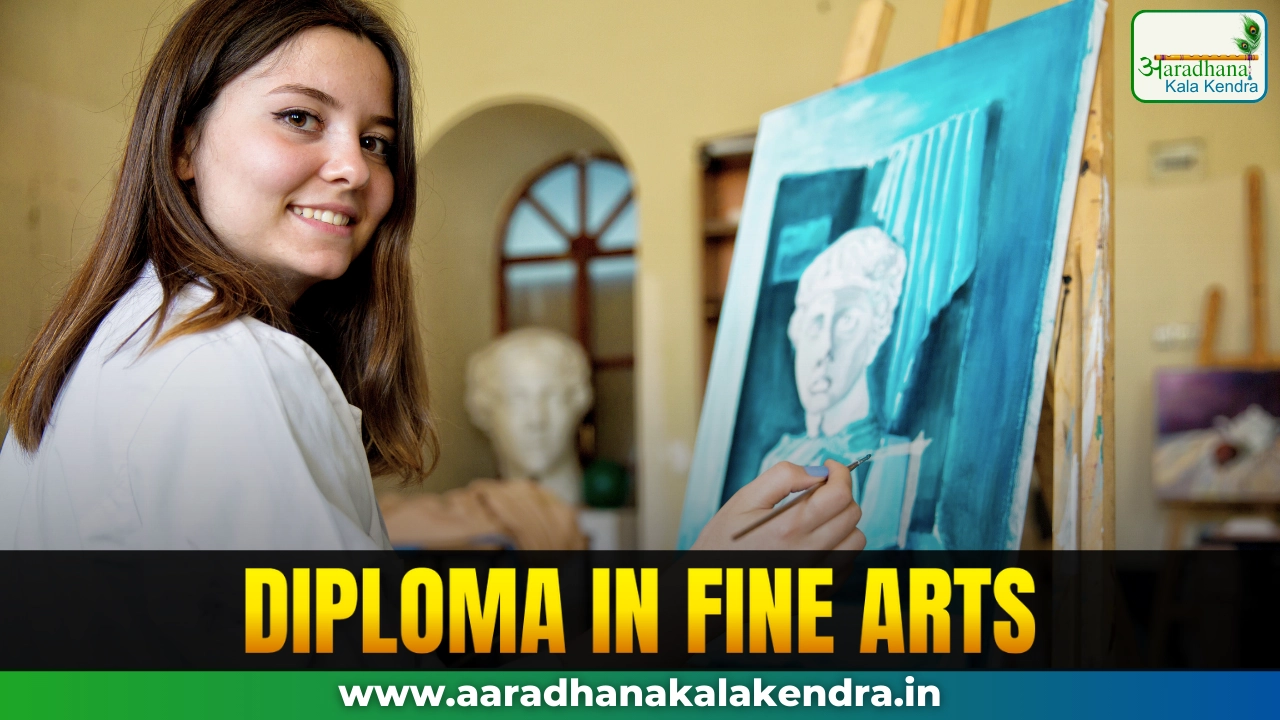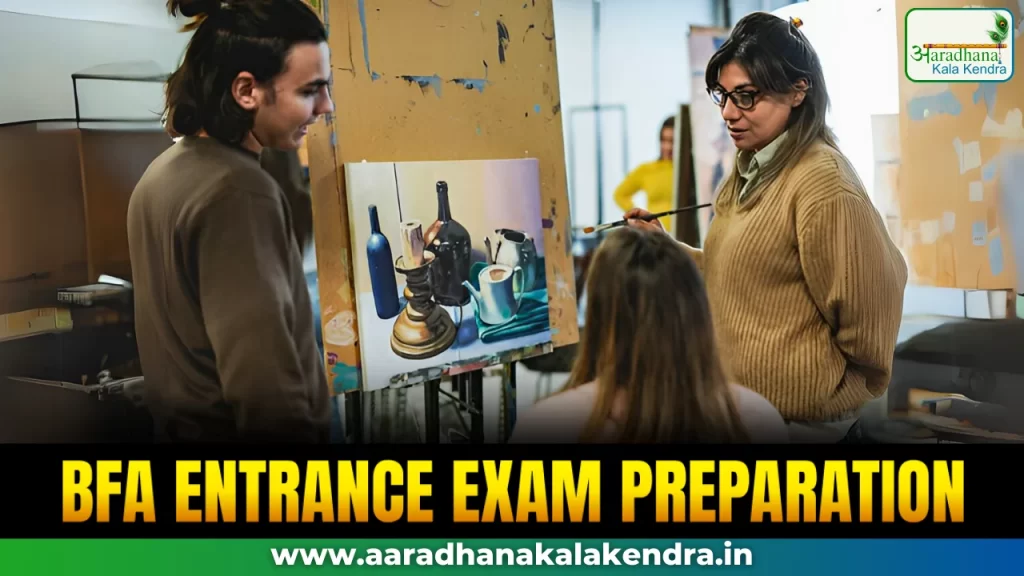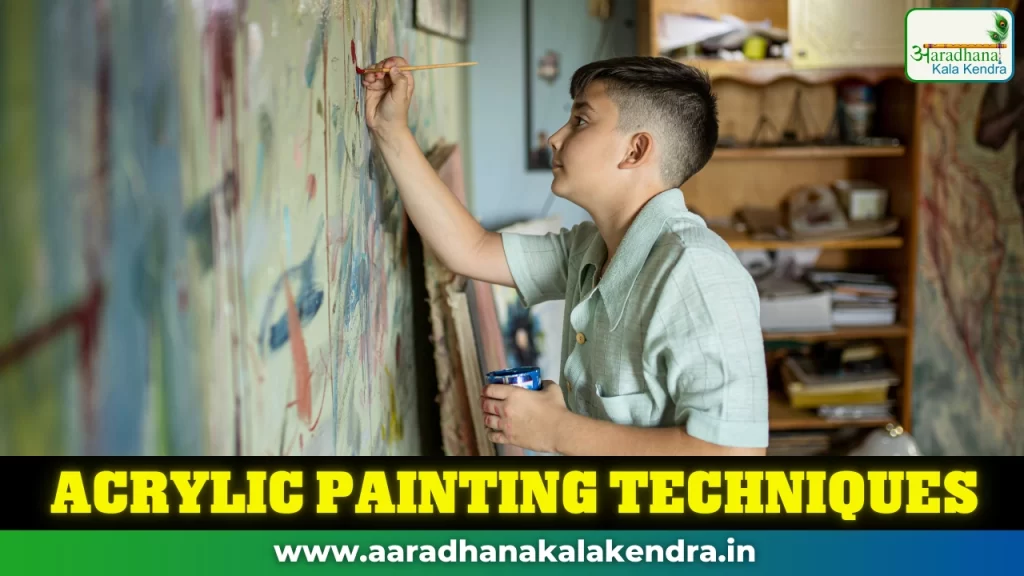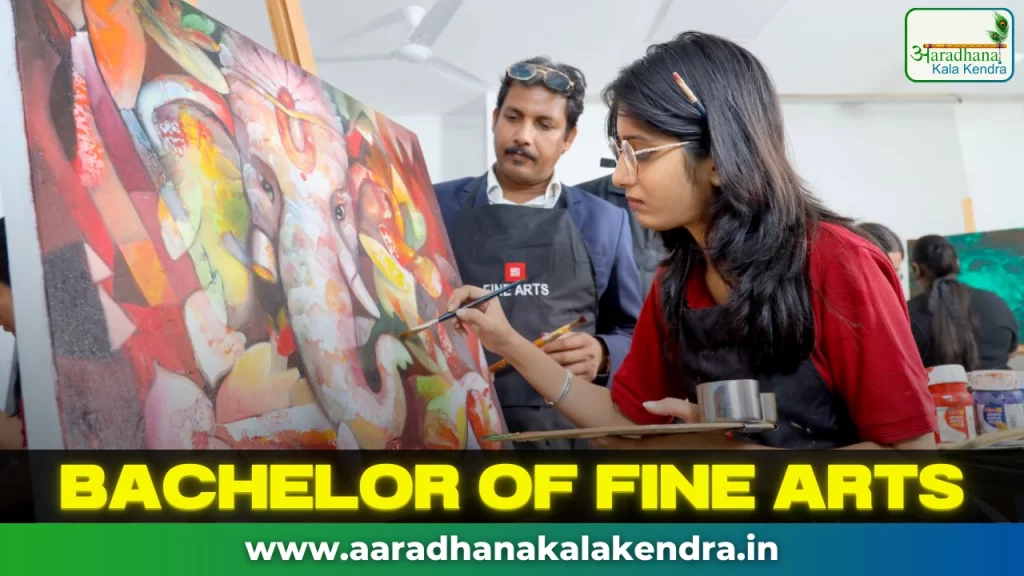Unlock your creativity with a Diploma in Fine Arts. Explore six reasons why this course is a game-changer for artistic growth and career success. Have you ever felt an urge to express yourself artistically but weren’t sure how to begin? Or perhaps you’ve already started creating but want to build a stronger foundation, refine your techniques, or expand your knowledge. A Diploma in Fine Arts could be the key to transforming this passion into a serious pursuit, a means to a career, or even a fulfilling hobby on a new level. This fine art course offers much more than artistic technique—it’s an in-depth journey into self-discovery, cultural enrichment, and career readiness.
In this article, we’ll walk through the many reasons why a Diploma in Fine Arts Online could be a transformative experience. From mastering artistic skills to gaining industry insights and finding a unique artistic voice, this diploma provides a well-rounded education that goes far beyond simple skills. Let’s explore how this journey can help you achieve your personal and professional goals.
Develop Your Artistic Skills
A diploma in fine arts can be your passport to new levels of artistic expression. Whether you’re just beginning or have experience, this program offers a structured path for building technical skills, exploring new mediums, and achieving a refined sense of aesthetic.
Master Various Art Techniques
Throughout the diploma course, students are exposed to a wide array of artistic techniques, providing hands-on experience with:
- Drawing and Sketching – foundational skills for any artist, focusing on line, shading, and form.
- Painting – in various mediums like oils, acrylics, and watercolors, giving depth to your understanding of color and texture.
- Sculpture and 3D Design – develop spatial awareness and understand form in a three-dimensional space.
- Digital Art and Graphic Design – learning to use industry-standard software for digital art and graphic design opens doors to modern art forms and commercial applications.
With a well-rounded skillset, you can explore many creative avenues, from traditional art to modern digital media. Plus, the expert guidance you’ll receive along the way ensures your skills are developed through professional feedback and constructive critique, which is invaluable in refining your work and pushing your creative boundaries.
Access to State-of-the-Art Facilities
A significant benefit of a formal fine arts program is access to professional facilities, equipment, and tools that help refine your skills and bring your ideas to life. For example:
| Facility | Benefits |
|---|---|
| Art Studios | Ample space for painting and sculpting. |
| Digital Labs | High-end computers and design software. |
| Printmaking Shops | Access to professional-grade printing equipment. |
| Photography Studios | Professional lighting and darkroom facilities. |
By using these resources, students gain practical experience that’s nearly impossible to replicate outside a well-equipped educational setting.
Boost Your Career Prospects
A diploma in fine arts isn’t just for personal growth; it’s also a strategic investment in your career fine art. This qualification can open up diverse paths in the creative industry and beyond, establishing you as a credible, skilled professional.
Gain a Recognized Qualification
A diploma provides a recognized qualification that signifies your commitment, knowledge, and ability as an artist. This credential can make a significant difference when applying for jobs, freelance opportunities, or gallery exhibitions, validating your skills to prospective employers or clients.
Build a Professional Portfolio
The course offers numerous projects and assignments, giving you plenty of opportunities to build a well-curated portfolio that highlights your unique style, versatility, and strengths. Your portfolio serves as a testament to your skills, helping you secure potential clients or employers and standing out from self-taught artists.
Network with Industry Professionals
Networking is a crucial component of a successful career in the arts. Through this diploma course, you can engage with a range of professionals and institutions:
- Guest Lectures – get insights from established artists.
- Collaborations – work on projects with peers, opening doors to future collaborations.
- Internship Opportunities – build real-world experience and connections.
- Alumni Networks – gain advice and support from former students who are already established.
Nurture Your Creativity
The diploma not only teaches artistic skills but also helps unlock and nurture your creative potential in ways that go far beyond technical training.
Experiment with Different Mediums
One of the joys of a fine arts diploma online is the opportunity to work with varied artistic mediums, from traditional paint and sculpture to digital art and mixed media. Experimentation is encouraged, helping you broaden your horizons and discover new passions. Here are some examples:
| Medium | Benefits |
|---|---|
| Painting | Refines color theory and composition. |
| Sculpture | Enhances spatial awareness and 3D thinking. |
| Digital Art | Teaches modern techniques and software skills. |
| Photography | Develops visual storytelling abilities. |
By trying different approaches, you may discover a unique blend of skills and preferences, leading to innovative, cross-disciplinary projects and inspiring new ideas.
Find Your Unique Artistic Voice
A key element of artistic training is finding and developing your individual voice. This diploma course will introduce you to diverse artistic movements, give you time to refine your strengths, and help you build a distinctive style that resonates with both personal and cultural significance.
Gain Practical Industry Knowledge
This program goes beyond creativity and technique to cover essential industry knowledge that prepares you for a sustainable, professional life in the arts.
Understand Art Business Fundamentals
The fine arts diploma covers key aspects of managing an art career, from pricing work and handling finances to networking and contract negotiations. This knowledge is essential for artists looking to build a viable income from their work and provides a strong business foundation.
Explore Art Marketing Strategies
Marketing is vital for artists seeking visibility. This diploma program typically includes training on creating an artist portfolio, establishing an online presence, and using social media to connect with potential patrons. Marketing isn’t just about promotion; it’s about presenting your work and values in a way that resonates with audiences.
Personal Growth and Self-Expression
Art is a journey of self-expression and personal growth, and a fine arts diploma can amplify this journey, making it transformative both personally and professionally.
Develop Critical Thinking Skills
The course challenges students to think critically, analyze art in historical and cultural contexts, and develop problem-solving skills through creative projects. Critical thinking is a skill that goes far beyond the arts and is highly valued in many fields.
Enhance Self-Confidence
Creating, presenting, and receiving feedback on art can be a confidence-building process. Through various critiques, exhibitions, and collaborative projects, students gain the resilience to present their work publicly and handle constructive criticism—skills that serve them well beyond the classroom.
Cultural Enrichment
A diploma in fine arts goes beyond technical skills, fostering a deeper appreciation for the cultural and historical significance of art.
Study Art History and Cultural Contexts
Courses in art history provide an understanding of the evolution of artistic styles and the cultural influences behind them. This knowledge helps students see their work within the larger artistic landscape, and drawing inspiration from different periods and movements can be an endless source of creative ideas.
Engage with Diverse Artistic Perspectives
Fine arts programs often feature lectures from established artists, workshops, and field trips to museums and galleries, exposing students to varied perspectives and practices. This exposure helps broaden artistic horizons and encourages critical thinking.
Diploma in Fine Arts Course at Aaradhana Kala Kendra
Conclusion
A Diploma in Fine Arts is more than a course—it’s an investment in your future as an artist and a professional. This diploma nurtures your creativity, teaches practical industry skills, and fosters personal growth, creating a foundation for a fulfilling career in the arts. Whether you aspire to be a professional artist, work in a creative industry, or simply explore your artistic abilities, this educational journey can unlock a world of opportunity and achievement.



